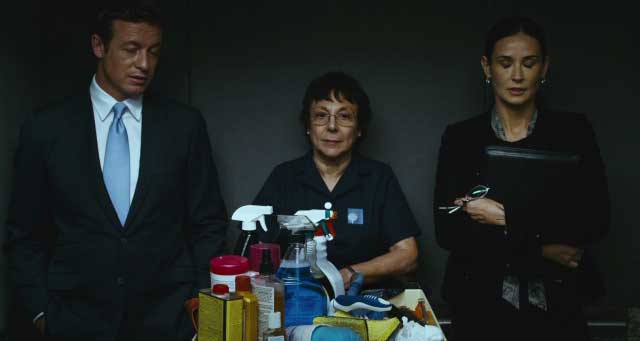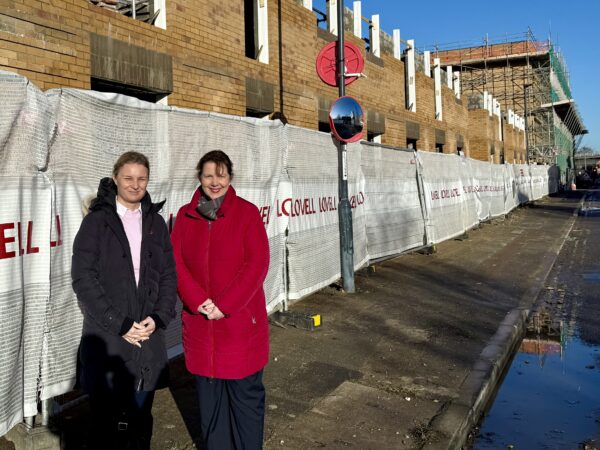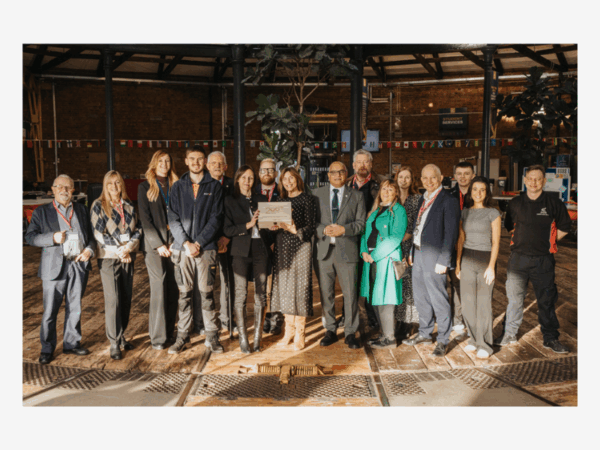Latest News | 16 October 2015
The Detached Firms Who Are Really Testing Our Patience

Retail behemoth Tesco got into a bit of hot water this week when it was revealed that it was attaching security tags to its 10p plastic shopping bags.
The action, apparently the initiative of an overenthusiastic store manager in London, was a consequence of the government's introduction of bag charges in England mixed with fear of bags being stolen by upset customers.
Tesco knows a thing or two about losing money – the company lost a record £6.4 billion (yes, billion) last year, and so was clearly seeking to mind the pennies.
The tags have now been withdrawn, described in a terse official statement as a “mistake”. We are living in an era that has become cynical about the corporate millieu.
In a few years, we will come up to the 10th anniversary of the great financial crash – an event already covered in a plethora of films, books and documentaries.
Some paint a narrative of how it all happened, other sketch out its consequences.
My favourite (to date) is the film Margin Call. Starring Jeremy Irons and Demi Moore, it explores how the mathematical skills of engineers had been bought by Wall Street – and were then twisted from the design-and-build of useful stuff like bridges, to be utilised in cooking up the poisonous derivatives that brought the world to its knees.
If the crash was a financial heart attack that brought shame on greedy practices, there doesn't seem to have been too much mea culpa, or applied learning, since.
The trust that needs to exist in a developed democracy between the body corporate and citizens is being continually tested.
In the case of Tesco, it's not just the 10p bags and £6 billion losses, it's the abandoned grand projects which have been created blight across communities, not least here in Allenton, which has been waiting a decade for the store that will never come.
And it's not just Tesco, our high street names are really beginning to test our patience, sometimes, I fear, to destruction.
Are you one of the many folk confused in airports by the request for a boarding card when trying to buy a newspaper, some water and a packet of mints at WHSmith?
I certainly found it totally odd but assumed the data gathered would be used for stock planning purposes. Wrong. The request is part of a VAT-avoidance scam where the passenger pays the 20% VAT but the company claims the money back if your final destination is outside the EU. Thus, the need for the boarding card.
I never present mine, vaguely mumbling it's somewhere else. Now, millions of passengers are refusing the hand over their boarding card too. No doubt we will soon hear about subsequent lost company revenues.
The list appears to be endless with new scandals emerging on a regular basis. Last week, it was Volkswagen and its diesel emission test cheating. This week, it's the fact that Facebook paid £4,327 in corporation tax last year – that's £434.20 less than Marketing Derby.
However, it's not all bad, and there are companies trying to do the right thing. Last week, I was at the Derby Roundhouse for the Derbyshire Brain Game, a corporate quiz that raised £30,000 for Marie Curie. This week intu Derby is hosting a national Business In The Community delegation, including Toyota and Rolls-Royce, looking at extending corporate social responsibility activity.
Many of the city's SMEs are providing staff into the Derby Education Business Brokerage initiative, supporting hundreds of school students in interview techniques and CV-writing. And so on.
For me, the more that companies (small, medium and large) are rooted in local communities, the less likely they are to behave badly due to their detachment.


